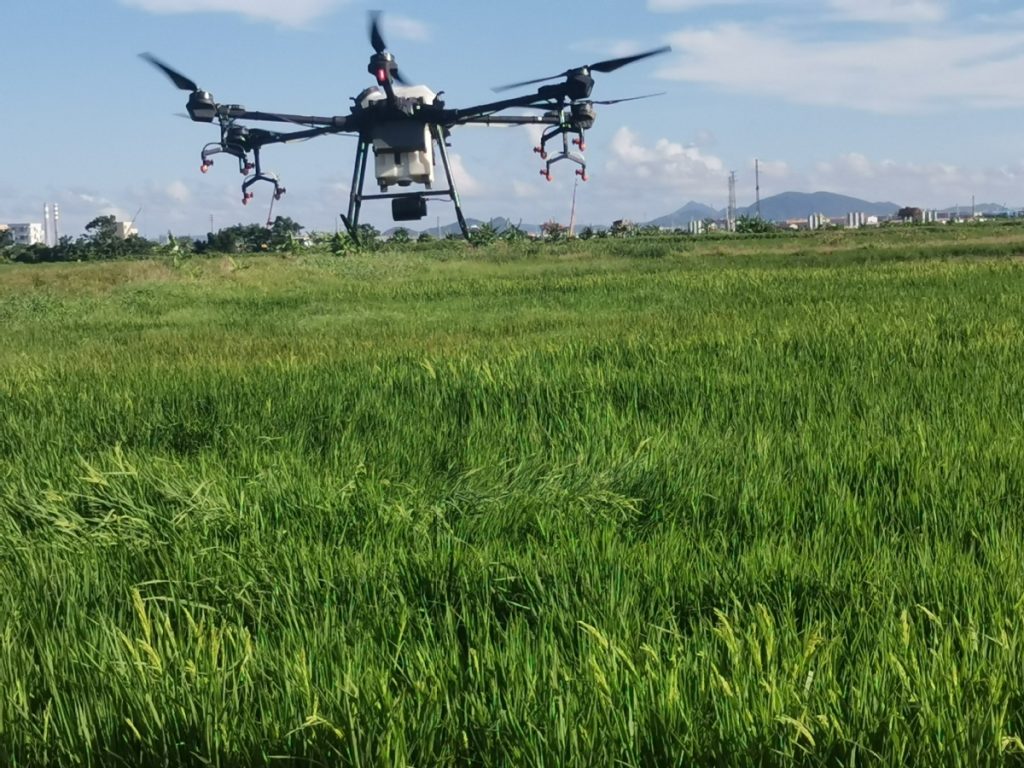Since ancient times, China has been a big agricultural country, and agriculture has played a pivotal role in China. However, in recent years, China is gradually losing the advantage of demographic dividend, facing the problem of agricultural labor shortage, which has a greater adverse impact on China’s economic development and political stability. Therefore, in the face of labor shortage, it is necessary for China to develop smart agriculture and use modern technology for scientific cultivation.
Smart agriculture is a digital agricultural method formed by the deep integration of modern information technology and traditional agriculture. Smart agriculture is an agricultural form that achieves precise perception, intelligent control, and intelligent management of the production process based on information technology and advanced equipment conditions, and pursues higher resource utilization, labor productivity, and a better sense of employment experience in agriculture.
To achieve precision in production operations, autonomy in management decision-making, and a chain of industrial upgrading, promoting agriculture to enter a new era of modern agriculture with convenient production, efficient management, and industrial coordination.
Smart agriculture has distinct digital, systematic, and intelligent characteristics. Smart agriculture is divided into multiple production types by field, such as smart planting, smart aquaculture, and smart processing industry. By application scenario, it can form multiple categories of places, such as smart farms, smart greenhouses, and smart processing factories. However, regardless of the form, it cannot be separated from core elements such as big data, advanced systems, smart equipment, and digital infrastructure. Smart agriculture refers to the deep integration of modern information technology and agriculture, allowing machines and systems to actively perceive information, make quantitative decisions, intelligently control, and provide personalized services. This is a brand new digital industry approach.
Based on the plant growth environment information obtained through wireless networks, such as monitoring parameters such as soil moisture, soil temperature, air temperature, air humidity, light intensity, and plant nutrient content. Other parameters can also be selected, such as the pH value and conductivity of the soil. Information collection, responsible for receiving data from wireless sensor aggregation nodes, storing, displaying, and managing data, achieving the acquisition, management, dynamic display, and analysis of all base testing point information to be displayed to users in intuitive charts and curves. Based on the feedback of the above types of information, the agricultural park is automatically irrigated, cooled, rolled, and fertilized with liquid fertilizers Automatic control such as automatic spraying.
Realize automatic information detection and control in agricultural parks by equipping wireless sensor nodes, solar power supply systems, information collection and routing equipment with wireless sensor transmission systems. Each base point is equipped with wireless sensor nodes, and each wireless sensor node can monitor parameters such as soil moisture, soil temperature, air temperature, air humidity, light intensity, and plant nutrient content. Provide various sound and light alarm information and SMS alarm information according to the needs of planting crops.


没有reply内容